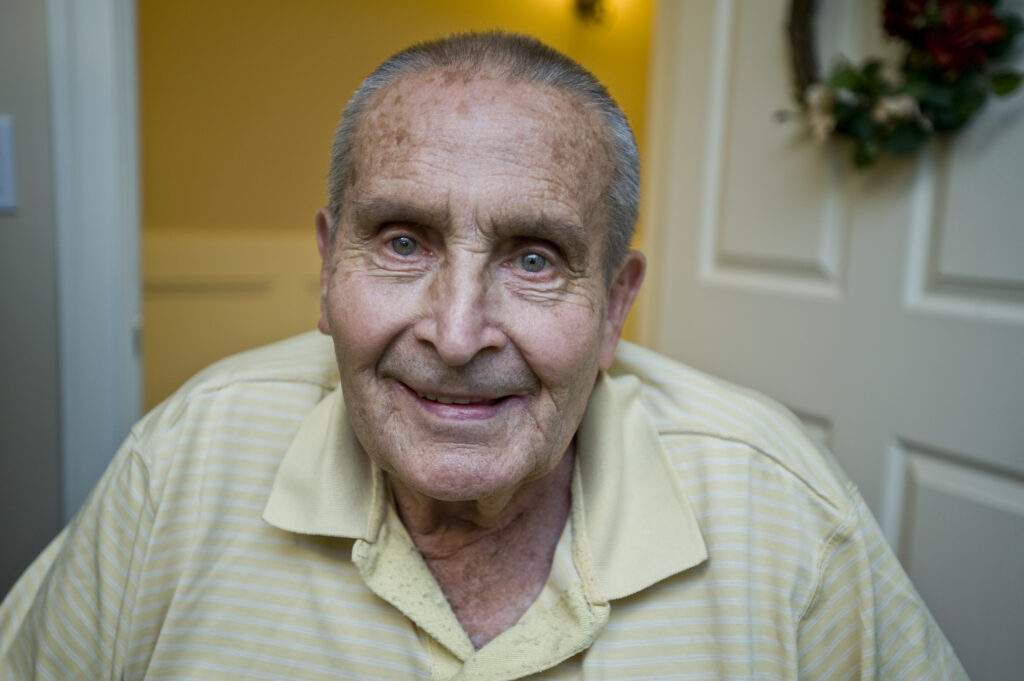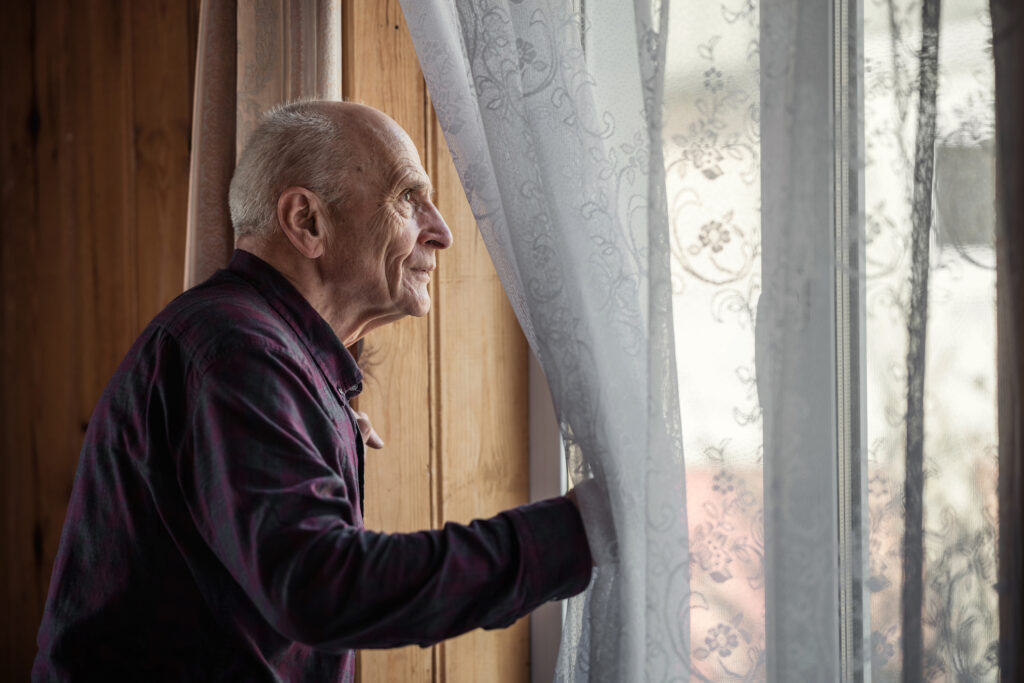
René House: raising the standards of temporary housing
“People deserve to live somewhere that feels like their home rather than just a roof above their head.” Find out how René House is making this a reality in Nottingham.
Social Problem
Temporary housing can often feel just that – temporary. Décor and facilities are often outdated, and the properties can feel clinical and unloved. Residents often have very little security and no idea how long they’ll stay for.
Organisation
René House was founded by Tiffany Brierley and Theo Brown in 2018. The duo originally wanted to start a property company, but after seeing the low standards of temporary housing on offer, they decided to launch a community interest company (CIC) focusing on quality properties for homeless people. René House now provides homes for 76 single adults and families, mostly in a mix of 2- 6 bedroom shared houses, self-contained flats and single-let houses.
Every property is decorated and maintained to a high standard. As Tiffany says, “People deserve to live somewhere that feels like their home not just a roof above their head.” René House also offers residents a tailored package of support, including life skills training, peer support and introductions to other services.
Loan
Tiffany and Theo were struggling with their original business model. Some of the support that the CIC offers isn’t covered by housing benefit, which is their main source of income. They knew they needed to change things, but they needed the financial breathing space to be able to do so.
They applied to Charity Bank for a £90,000 loan to refinance existing debt, pay for property improvements and take on new staff. Most of our loans are secured on assets, but René House leases all of its properties. However, our Lending Equal Access Programme (LEAP) has more flexible loan terms and fewer security requirements. Not only were we able to offer René House a £90,000 loan, we were also able to give them a £20,000 grant.
£68,500 of the money has been used to pay off René House’s existing debt. The new loan has a longer repayment period, meaning that the monthly repayments have reduced considerably. Tiffany and Theo now have the breathing space to focus on securing René House’s long-term sustainability. As well as adapting their business model, they’re now looking at taking out another Charity Bank loan to buy a new property.
“Relationships are so important when you’re running a business. The investment manager at Charity Bank, Alan Tudhope, has been amazing; I can’t speak highly enough of him. He’s supported me personally through the loan process and has gone above and beyond.”
Theo Brown, Director and Co-founder of René House
Impact
Many of the people who René House works with are estranged from their families. Some are repeat offenders or battling mental health issues or other challenges. Most will move on from René House within nine months, although some stay for up to two years. Theo says, “People tend to leave us when they don’t need the level of support that we provide any more. For us, that’s a massive win because it means that we’ve done our job.” Many former residents have reconnected with family members and found paid work or returned to education.
“I’ve come a long way. It’s the first steady place I’ve had on my own. Most of my life I’ve been here there and everywhere and not had a steady place to call home. But now I have, and life’s getting better, and I’m working. It’s really good.
René House resident
About Charity Bank
Charity Bank is the loans and savings bank owned by and committed to supporting the social sector. Since 2002, we have used our savers’ money to make more than 1280 loans totalling over £500m to housing, education, social care, community and other social purpose organisations.
Nothing in this article constitutes an invitation to engage in investment activity nor is it advice or a recommendation and professional advice should be taken before any course of action is pursued.


